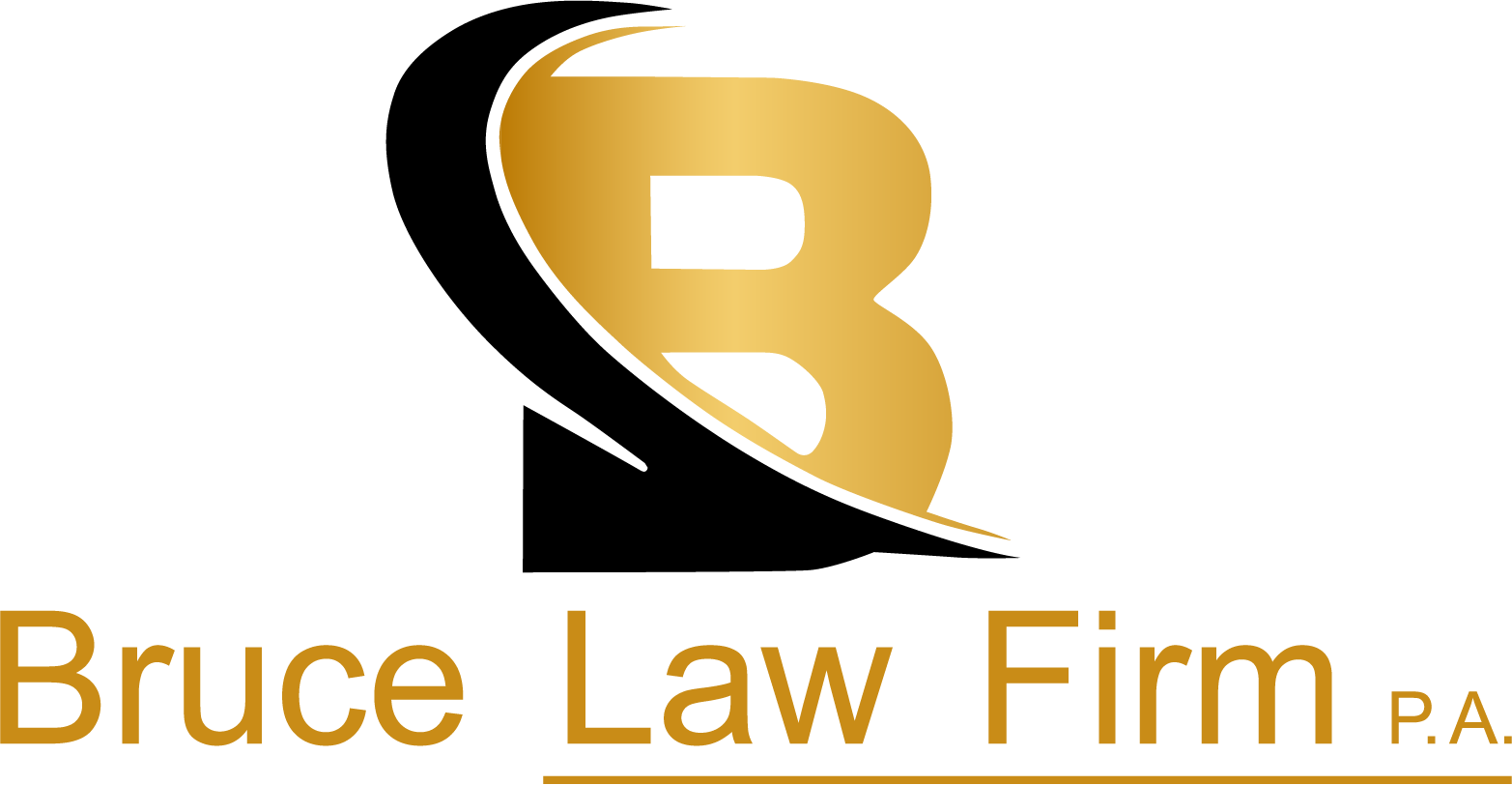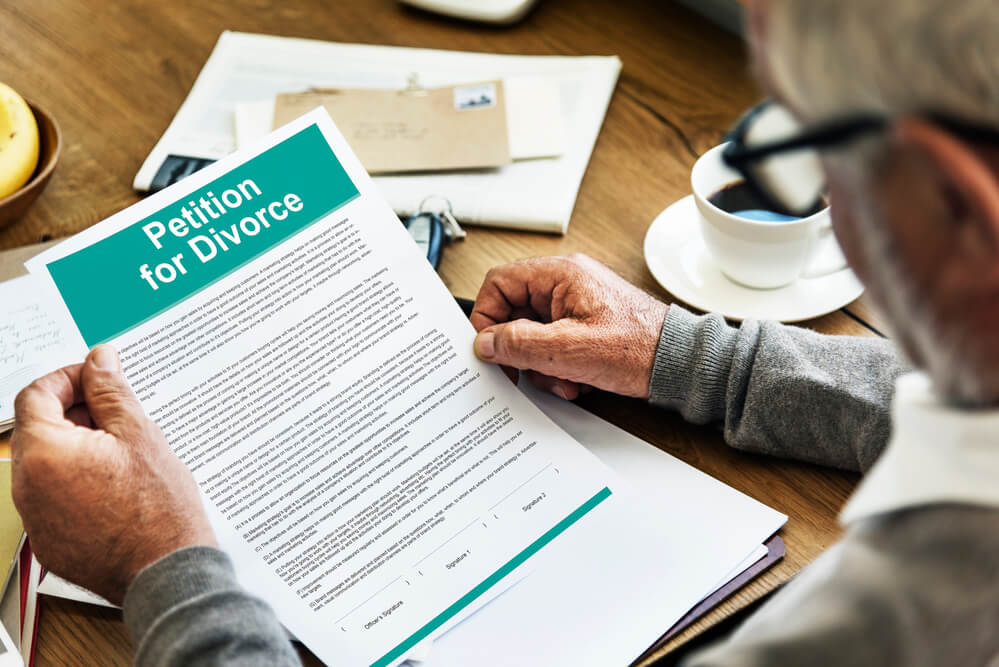Below is the transcription of this interview with therapist Licette Sangiovanni. For more information about Licette Sangiovanni please click here. To contact her directly please call (561)-376-2689
Transcript from Interview
Christopher Bruce: Hi everyone. My name is Christopher Bruce. I’m a marital and family law attorney in Palm Beach County, Florida with the Bruce Law Firm. And today I have the absolute pleasure of being joined by Licette Sangiovanni. She’s a psychotherapist on the Island of Palm Beach. And today we’re going to talk about something that I think is really important. And it really comes down to how to get excited about your future life after moving on from a toxic relationship by developing a vision for that life, even when it’s hard. So, Licette, thank you so much for being part of this, for taking the time to do this. We’re actually recording this time. We had a practice run. We didn’t know we’d record it again, but thank you very much. And maybe just introduce yourself and tell people a little bit about your background and practice and we’ll get into the topic.
Licette Sangiovanni: Well, thank you for having me Christopher. And so hello everyone. My name is Licette Sangiovanni and I’m a psychotherapist in private practice at the Relationship Institute of Palm Beach. I work with individuals and couples and my main therapeutic approach is Imago Therapy. And I also utilize other modalities such as CBT, DBT, as well as attachment theory. My areas of focus are anxiety, depression, trauma and PTSD, codependency, relationship issues, as well as narcissistic abuse.
Christopher Bruce: All right. Thanks, Licette. I think for one of the things we’ve talked about in the past is that our clients sometimes can be, when you’re moving on from a toxic relationship, maybe they’ve been involved with somebody on the narcissistic spectrum or somebody who has those types of traits, it can just be an overwhelming thing to even know where to start in terms of moving on and trying to think of, or develop a vision of being happy. And for people in those situations, I mean, what’s your best advice on if they’re going to do anything, what’s that first step they should take right now?
Licette Sangiovanni: I think I would like to answer this question in two-fold. Because choosing to end a toxic relationship it is a process. And so at first you want to be able to set boundaries that are aligned with your mental and emotional wellbeing. And boundaries are important to set because it allows you to empower yourself and empower your needs, and not engage in that toxic cycle of trying to either break free or end that toxic relationship.
And the second piece to that is to go no-contact. And so going no-contact means having zero communication with your ex. So I always encourage my clients, no form of communication through text, through email or even through social media. I do recognize, in my experience, that that recommendation it’s not a one size fits all. So when you consider clients who are either co-parenting or own a business together, or work with their ex, that recommendation is not possible. So I think under these circumstances, keeping a dialogue that’s specifically related to the needs, for example, of the children or of the business is very vital to really maintain some good boundaries.
And what I find in my experience in working with clients, is that their ex-partner will attempt to push those boundaries. And so I think it’s important to be able to recognize when your boundaries are being pushed and to disengage in that communication. That’s going to prevent you from getting sucked into a vortex of futile negotiations that are just going to lead to conflict.
Christopher Bruce: And I guess I can tell you right now, I mean, I think that’s from just what I see, which might be at a different phase of the person’s journey. I’m a divorce lawyer and when they get to me, they’ve hopefully already been working with you or somebody with your credentials, already long before. But that no contact can really, I think, make the difference, at least at the stage that I see people at. I guess these people, they’re starting to cut off contact and they’re starting to, I guess, get to the point of where they can start to think about, “Okay, well, what do I even want now? I know I need to get away from this person and I’m starting to do that.” How important, I guess, is it just from your perspective as a therapist, for people in these circumstances to start to develop a vision of what they want their life to be like?
Licette Sangiovanni: Absolutely. And there’s a lot of pain that individuals experience in a toxic relationship and there’s a lot to endure. So while the saying goes that time heals everything, you are truly grieving that decision to move forward. So to help that vision, I do encourage my clients to write a letter to their future selves. Explore the current challenges that they’re experiencing in present day and how they see themselves overcoming those challenges. How they would like to develop a healthier sense of their selves? And that primarily focuses on self-esteem and self-worth.
Christopher Bruce: I guess when these clients are really starting to get specific about coming up with a vision for the rest of their life, or at least the next phase of it, because at least with my clients, I tell them, “Look, I mean, you have to envision what you want to be happy. And if you don’t know where you’re going, how are you going to get there?” And when I’m talking through things, usually more on the legal side of stuff with my clients, I tell them, “Look, if they’re stuck, at least try to think about things that you should stop doing, that you want to start doing and that you want to keep doing.”
But I’m a divorce lawyer. You’re a therapist, I think with a lot more experience and training and working with people on getting excited about the next parts of their life. What advice do you give to the people that are listening to this on things they should be thinking about and trying to put into their vision for the next phase of their life, hopefully a happier one?
Licette Sangiovanni: Right. And in any relationship we push apart sides of ourselves. And some of the things we love to do tend to slip away. So I do try to work with my clients to envision how they would like to reinvent themselves. I think that’s truly the first start. Re-discovering old interests and maybe also developing new interests. That could be taking a hobby, volunteering.
I also think because in a toxic relationship, individuals tend to isolate for a multitude of reasons. And that isolation does create sometimes a wedge between your friends and family. And so focusing on spending quality time with close friends and family is important as well. As well as in my experience, I have a lot of clients who want to start a new phase in their life and they either further their education or maybe change careers as well.
I also think traveling when permitted, but maybe a staycation, just getting out of your current surroundings and really just developing a mindset of not being cooped up at home and just change of scenery. So you can start to envision what life could be like. And I encourage my clients to also journal through this experience as well. Because that’s very therapeutic and being able to reference back where they are in their current life, but how they can envision what it would look like once they do heal from this toxic relationship.
Christopher Bruce: I know moving on from these relationships is such a hard thing to do. If you’ve been wrapped up with an abusive person and somebody who’s a narcissist or just somebody that’s mean, it can feel, especially if it’s been a long relationship, even in short ones, it’s hard to move on and get the excitement about the next phase of your life. And I think you and I probably look at these people thinking that there’s so much opportunity. There’s so much they can do. They can get to such a better place. And we just want them to get there. But it’s hard when you’ve been put down for so long.
And you may have even already mentioned one of these things, but if somebody is listening to this and they’re identifying what we’re talking about as maybe being them, and there is one thing they were to do to try to envision or get excited about the next part of their life, I mean, what would you tell them if they could pick one thing?
Licette Sangiovanni: I think first realizing that you’re much more than your relationship. And really allowing yourself to be free from that toxic relationship. Getting excited about connecting with yourself, your dreams and your aspirations. As well as valuing your time and your space, and not being so consumed in that toxic relationship. I think most importantly as that journey continues, also getting excited about a fresh chance at healthy love.
Christopher Bruce: That’s I think great advice. And I guess I’ve got one more special question. Maybe this is a situational one for the time we’re doing this in, in the middle of the pandemic. Or actually, hopefully it’s not the middle. Maybe it’s the end of the pandemic. But just practically, as we’re going through this, I mean, you and I are even in separate spots as we’re doing it. Do you have any practical advice that you can share for people looking to try to maybe develop their social relationships or some of the things that you’re talking about? Or at least stay on the right track towards being a happier person when everything’s shut down? Some people can’t even leave their house due to health reasons. I mean, any special tips for right now that you’d like to share?
Licette Sangiovanni: Yes. And I think this pandemic has taken an emotional toll on most of us. So when you couple that with social distancing, quarantining and self-isolation, a lot of people reflect on connection and are thinking about their love life being very stagnant. And so what happens is, is that in a time of crisis, we tend to revert back to things that give us comfort. So I do find that in my experience during this pandemic, some of my clients have had a desire to reach out to their ex. And while this is a normal, excuse me, not a normal time, I do think that reaching out to an ex-partner does have a lot of emotional consequences.
So while you may think it’s a good idea or an opportunity to have a conversation for clarity, I think it’s important to remember that your ex was the same person that he or she was before that pandemic. So try not to forget the circumstances that led to the break up. And I think developing a support system to be able to get you through those moments when you might feel lonely or a sense of vulnerability. Reach out to a family member or close friend and just talk to them and have their support so that you don’t go back and have a setback in your progress of healing from your toxic relationship.
Christopher Bruce: I think that’s great advice. And it’s the type of thing that somebody who’s a professional in this type of area is going to think of. But most people, I think they might not. And I guess that kind of brings me to something I wanted to ask you about. I mean, you and I met because I’m a divorce lawyer and you’re a therapist and kind of work with the same types of people at different phases of, I think, their healing. But how do you help people in this process? I always try to get our clients to go see somebody who’s professionally trained like you to help them get excited about the rest of their life, and navigate what can be a really hard process to have the courage to move on from. But maybe you could talk for a minute on how do you work with people in these situations and help them?
Licette Sangiovanni: Yes. And a lot of the times when I do work with clients, they haven’t ended their toxic relationship. And there could be many reasons. One of them being that they’re struggling to end their relationship. And so I think joining clients along their journey and helping them recognize how their relationship is detrimental to their mental, physical, and emotional wellbeing.
I think it’s also important to be able to support the client through that process. Because you are grieving and what that grief looks like, and the struggles in trying to recognize, “Hey, I need to move forward from this relationship.” Well, that’s a process in itself. And my clients, in my experience, tend to cycle through those grieving processes, whether it’s the denial, bargaining. It does take time to be able to recognize that it’s not a healthy relationship. “How do I start working on myself to realize that this relationship is not serving a healthy purpose in my life?” And so to walk alongside a client in that journey and begin that grieving process is all important aspects to be able to be explored and processed.
Christopher Bruce: And I guess, maybe for the people that are listening to this, and they’re really identifying with what you’re saying and feeling that maybe you might be able to help, if you could just talk for a moment about what you and your colleagues do to help people, kind of the different areas of focus. I know I had the pleasure, with my wife and law partner, to meet y’all on the Island of Palm Beach and see your office and hear about it. But I want to tell everyone else, so who better than you? Maybe talk on that for a moment, if you can.
Licette Sangiovanni: Great, thank you. And so we are a team of three and we provide relationship counseling to couples, individuals, and family. We all do have various clinical trainings from Imago Therapy, CBT, DBT and EMDR. And so we help our clients cultivate a connection and understanding of self. And so this process is explored through inner work, which is a psychological practice of really diving deep into your inner self. And the purpose of that is for self-exploration, self-understanding to move to a place of healing, as well as transformation.
Christopher Bruce: And I guess for the people that are listening to this, and again, I’m with Licette Sangiovanni. She’s a psychotherapist on the Island of Palm Beach. What’s the best way for people to get in touch with you? We’ll put it up on the video and in the show notes. But if you maybe could say that now, so anybody listening can write it down or see it on the screen.
Licette Sangiovanni: So visit our website. So it’s www.relationshipspb.com. And on our website you can submit an online form and just basically provide just some details and what you would like to work on in counseling. And what one of us will do is reach out, set up a consult, 10 to 15 minutes, get to answer any questions you may have and get you set up for an appointment.
Christopher Bruce: Well, thank you so much for giving that information and for being part of this twice. I wish we hadn’t forgotten recording. Somebody didn’t press Play. But thank you so much, Licette, today for being part of this. I really appreciate it.
Licette Sangiovanni: It’s been a pleasure. Thank you.
- Review this with one of our attorenys- Schedule a Conversation
- Call today to schedule a time to talk to an attorney (561-286-8275)



